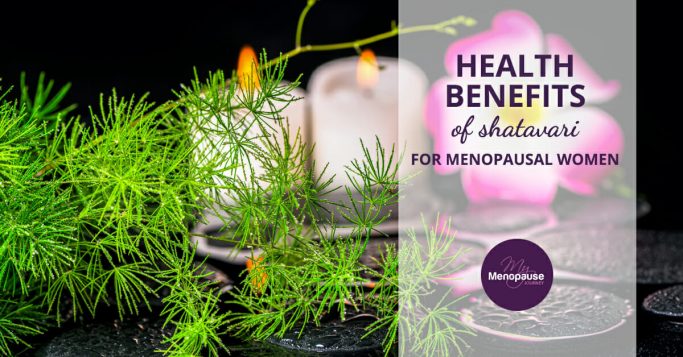Ginkgo biloba is one of the oldest herbs used by ancient Chinese for alleviating sicknesses. For centuries, Ginkgo has proved its effectiveness in such ailments as menopausal symptoms. Today, Gingko products are widely used even in the farthest regions of Europe and America.
What is Ginkgo Biloba?
Gingko biloba is one of the oldest living trees in the world, which existed for approximately 200 million years. Its fruits and leaves have been used for medicinal purposes and are a great stimulant. It originated from China that was formerly called “ginky”. It was introduced to Europe by Engelbert Kaempfer whose writing has been misread to ginkgo, falsely assuming the y to o.
Ginkgo biloba trees can live up to 1000 years. It grows best in places with moderate climates that have sandy, well-drained soil. The tree is resistant to pests, pollution, and disease.
Ginkgo contains components of flavonoids and terpenoids, which are powerful antioxidants. These antioxidants reduce the free radicals in the body that results in better circulation.
Ginkgo biloba for Menopause
Ginkgo biloba’s main action in alleviating menopause symptoms is its ability to reduce memory lapses. It could also increase libido, and reduce the frequency of hot flashes and night sweating.
How Ginkgo biloba Works
Gingko biloba is a phytoestrogenic plant. These phytoestrogens work similarly with estrogen in women’s body that causes its effects in reducing menopausal symptoms. Ginkgo also decreases the free radicals in the body that consequences in improved blood flow. Once the circulation gets well, it benefits the brain that results in improved memory.
Other Uses of Gingko
Extracts of Gingko biloba are also used for illnesses like Alzheimer’s, headache, vertigo, and to individuals with poor blood circulation. It is also used for mental disorders like lack of concentration, Lyme disease, and depression. Some ginkgo biloba products are also used for eye problems like glaucoma, and diabetic eye disease. Moreover, as early as 2600 BC, ginkgo biloba has been used for treating asthma and bronchitis.
Risks in Taking Ginkgo
Ginkgo biloba is likely safe when taken by mouth. However, some might experience mild side effects like dizziness, headache, constipation, fast heartbeats, and allergic reactions.
The use of this herb is not safe for pregnant and breastfeeding women. It might cause early labor or bleeding during pregnancy, while the use of the plant is not yet proven safe for breastfeeding women. Ginkgo is not recommended for individuals with seizures, as it may cause seizure attacks once taken. It may also slow down blood clotting therefore it is not recommended for people with bleeding disorders or soon to undergo surgery.
Self-heal with Ginkgo Biloba
Infuse a teaspoon of dried Ginkgo biloba leaf into 1 cup of hot water and drink as tea. You can sweeten the tea using honey for a natural taste. You could be taking about 2 to 3 tea bags of the herb in one day. You can check if you have Ginkgo tea readily available in the market. You can also take Ginkgo biloba herbal supplements.
Listen to Dr. Kimberly Wiseman, a Certified Naturopathic Doctor, talk about the benefits of ginkgo biloba. Check this video below (2.09 minutes long)
Have you tried Gingko biloba products? Did it help? We’d like to hear from you! Share it with us below.
Also, do not forget to like us on Facebook and follow us on Twitter! Happy journey!





Gita is the founder of My Menopause Journey. Since 2014, she has been supporting midlife women by sharing hard-earned learnings from her own experience. To advance her knowledge, Gita puts a lot of her time and effort into understanding the broad spectrum of women’s health. She immerses in extensive research about the physical, mental and emotional aspects of menopause. Gita believes in the life-changing power of healthy, holistic living — this is where she anchors her message to all women. Learn more about her marvelous mission in About us - My Menopause Journey.